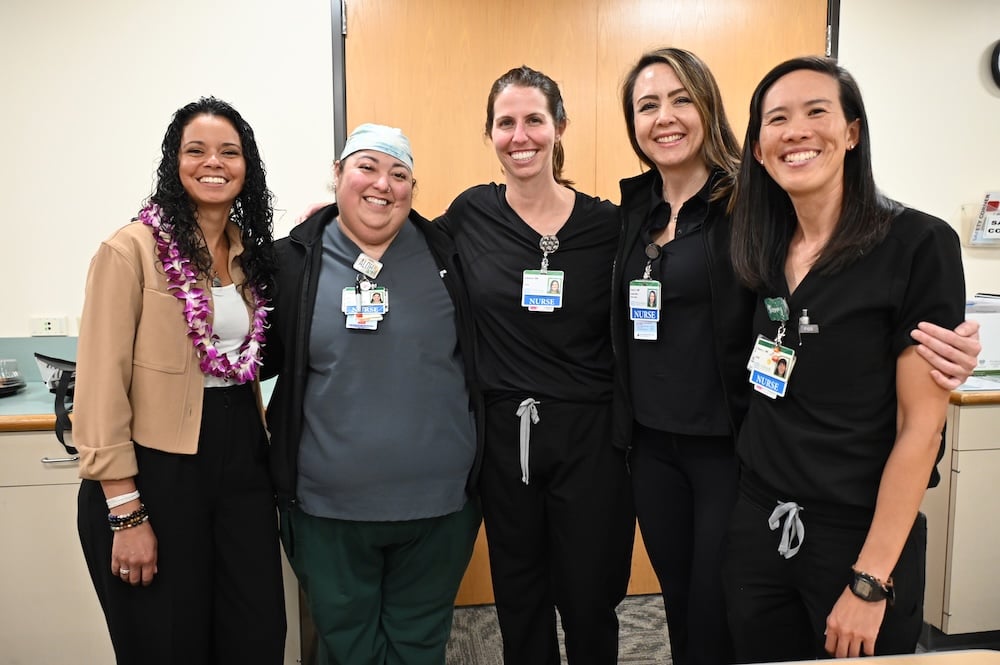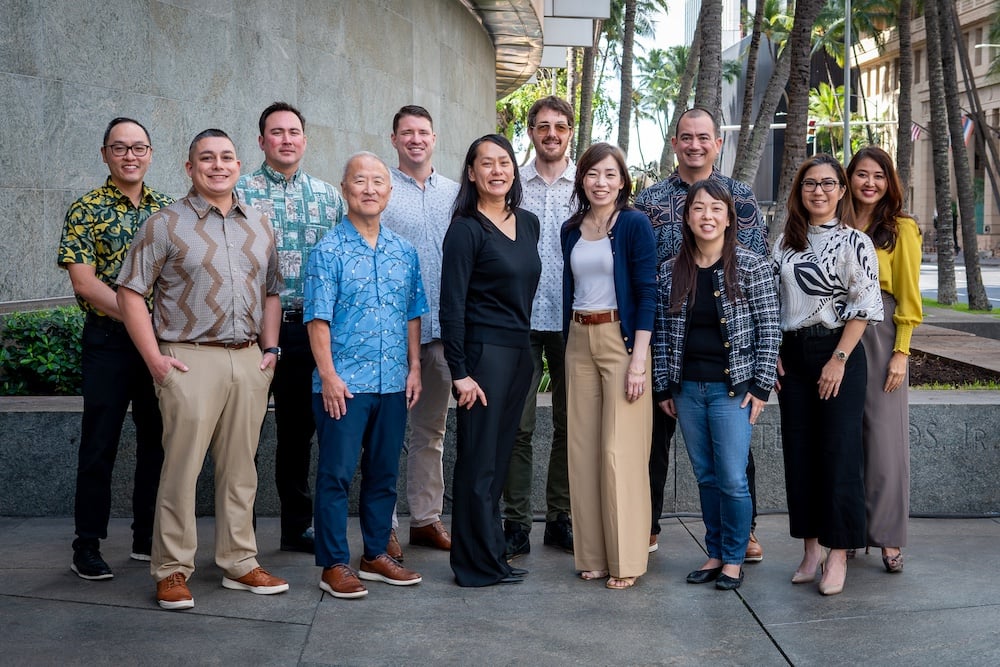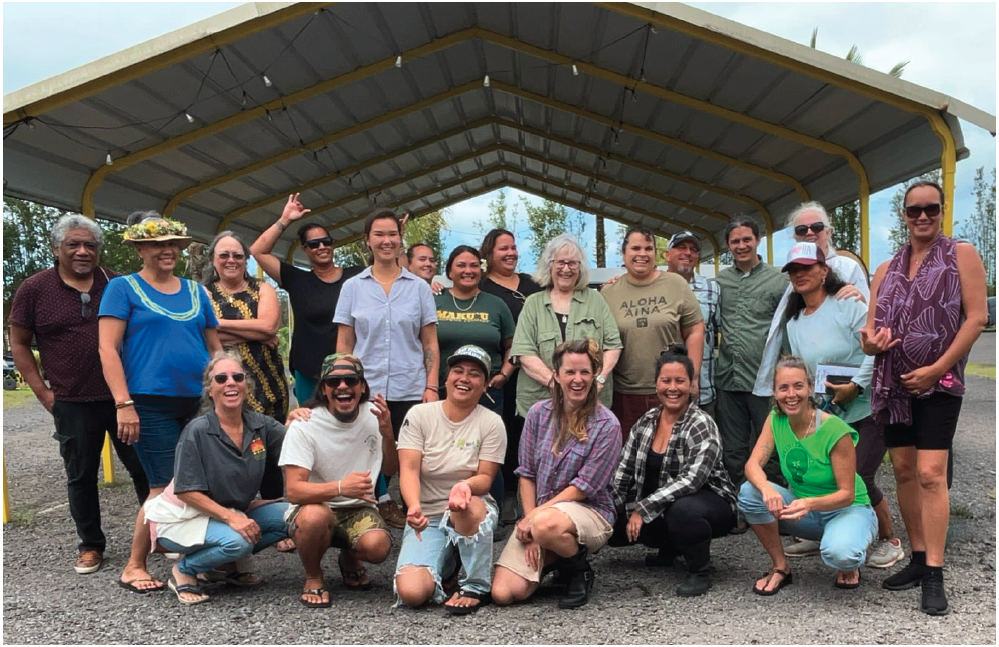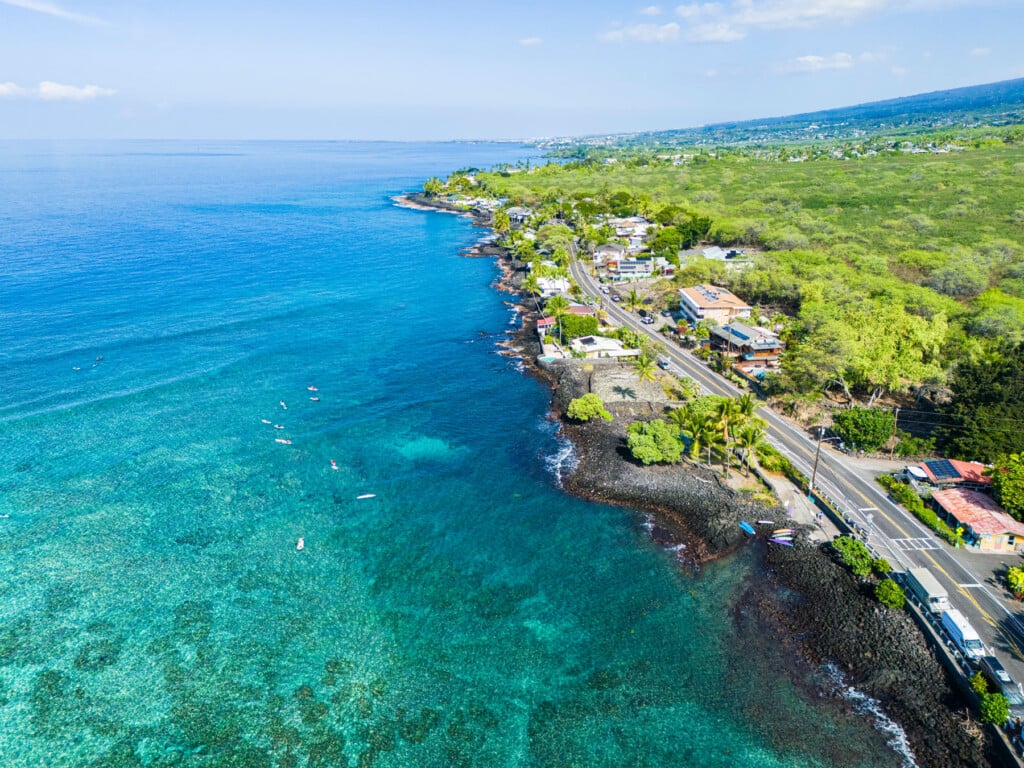Keeping Hawai‘i Healthy
Hawai‘i Pacific Health
Health starts where we live, learn, work and play. At Hawai‘i Pacific Health (HPH), this means addressing community needs beyond traditional hospital walls.
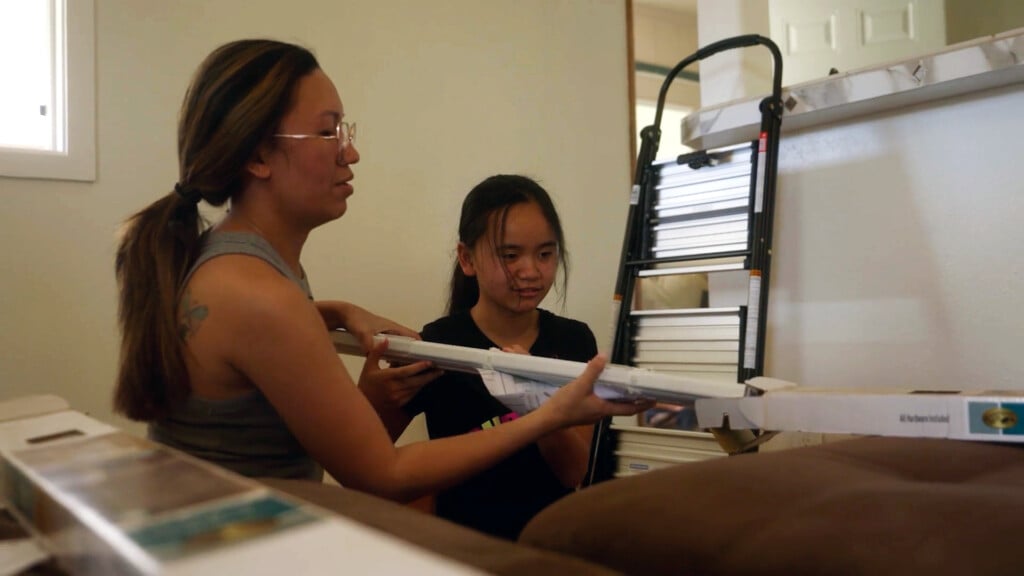
That’s why HPH partners with community organizations to address social and economic conditions that support better health, including housing stability, food access and financial security.
“We want to go beyond just individual health outcomes and treating diseases to improve the upstream drivers of health,” says Michael Robinson, HPH’s vice president of government relations and community affairs.
HPH is a not-for-profit health care network of hospitals, clinics, physicians and care providers serving Hawai‘i and the Pacific Region. It also collaborates with community development financial institutions to invest in affordable housing development, low-cost mortgages for low-income homebuyers and home construction for Native Hawaiians on Hawaiian homelands. These organizations are mission-driven lenders that focus on promoting economic growth in underserved communities.
The collective impact since 2023 has resulted in 900 new affordable housing units in development. Additionally, it’s paved the way for over 90 small farmers to strengthen their businesses through loans and technical assistance, and for 1,700 financially struggling households to receive help with financial education, loans, housing counseling and credit building, Robinson says.
HPH has invested in the Feed the Hunger Fund and Hawai‘i Investment Ready to support local food hubs and small food businesses. It also partners with Hawai‘i Foodbank and Farm Link Hawai‘i to make fresh, local produce available to food insecure families.
“HPH also supports our local food system by setting a goal to purchase at least 50% of produce and proteins served in our medical centers from local farmers,” Robinson says, and “partnering with Kamehameha Schools on this goal has increased the collective impact of our joint institutional food purchasing power.”
HPH is also working to reduce health disparities by improving economic mobility for ALICE individuals and families, or those considered “Asset Limited, Income Constrained, Employed.” The health system has invested in financial services, job training and employment opportunities for people from under-resourced communities who are looking at careers in health care.
“Our innovative Academic Health Center, in partnership with the Hawai‘i Department of Education and Waipahu High School, is a great example of this,” Robinson says.
Other HPH partners include Hawaiian Community Assets, which provides financial education and grant and loan programs that help local households build wealth that can be shared and passed on to future generations. HPH also supports Aloha United Way’s ALICE Cohort, a collective of nonprofit organizations aimed at advancing financial stability, housing solutions and workforce opportunities for Hawai‘i’s struggling households.

